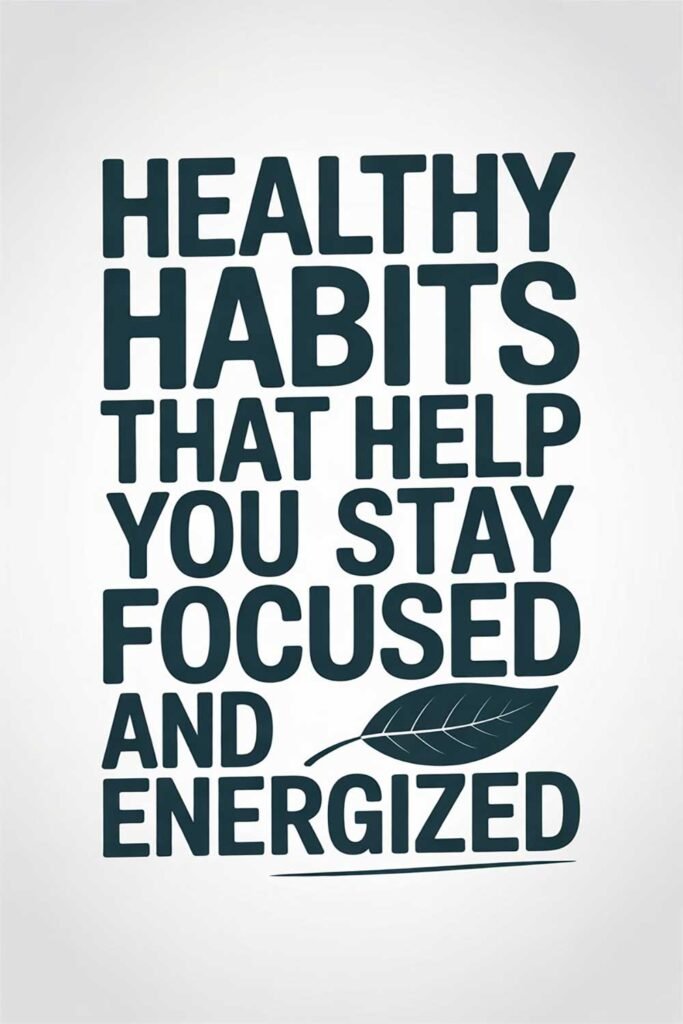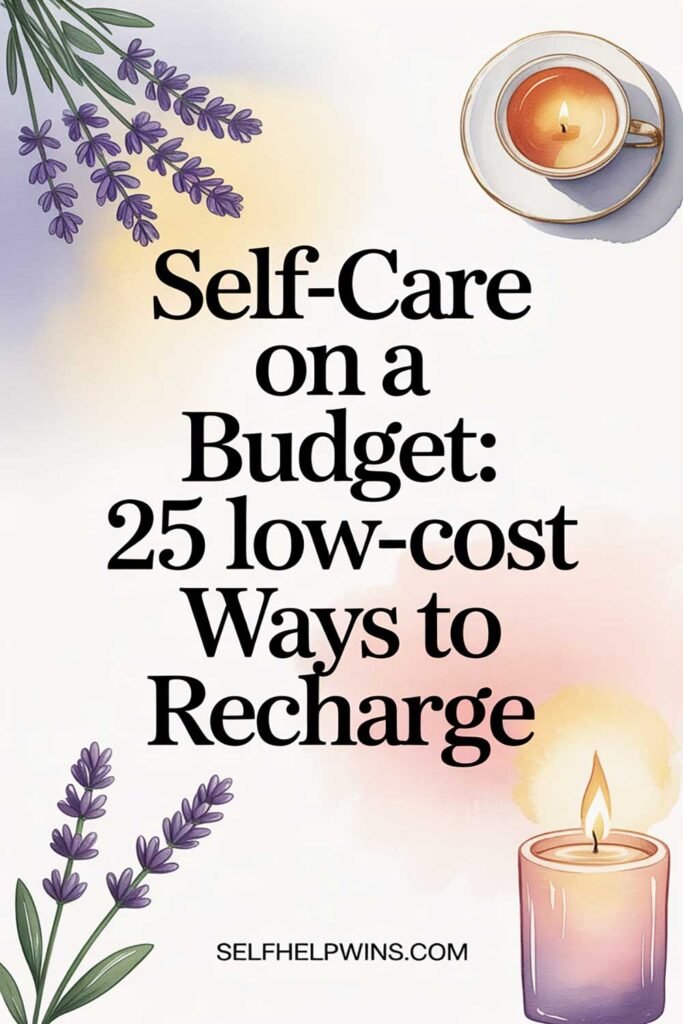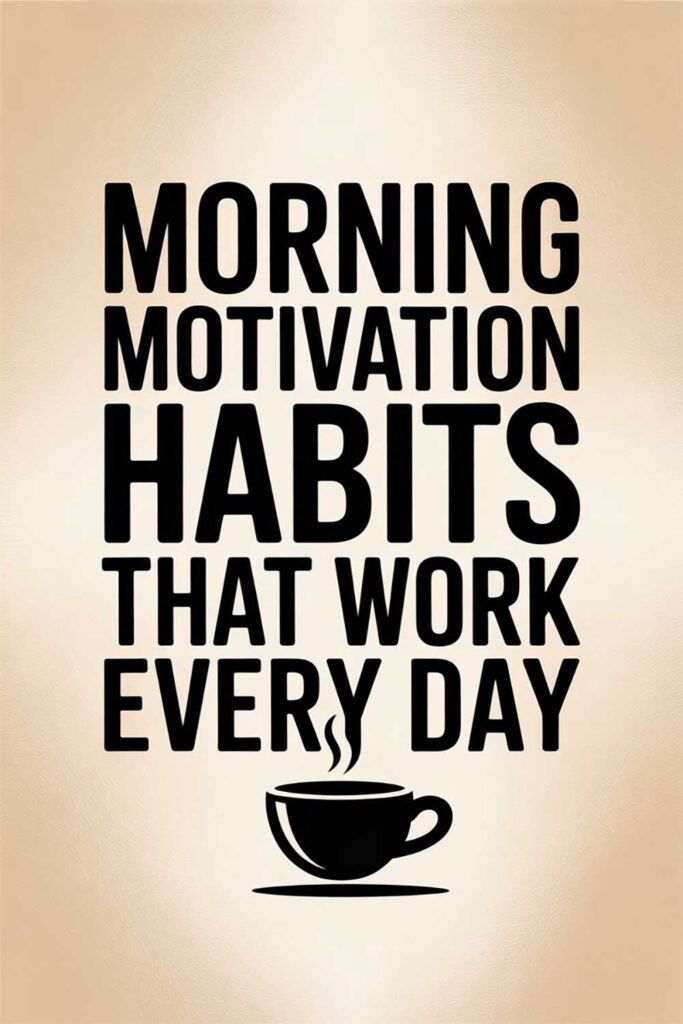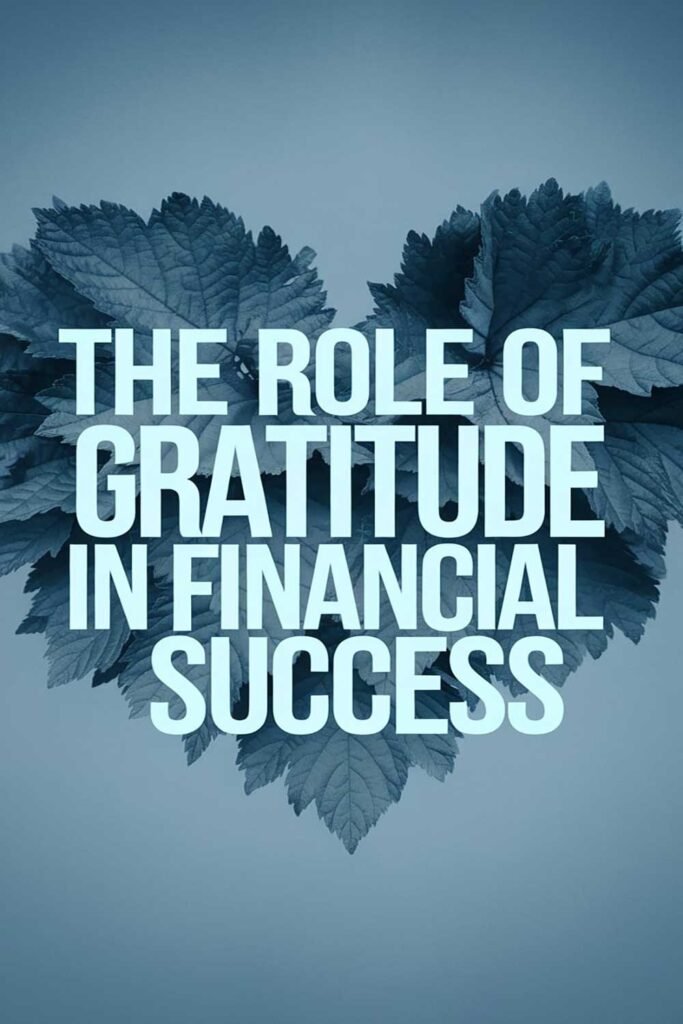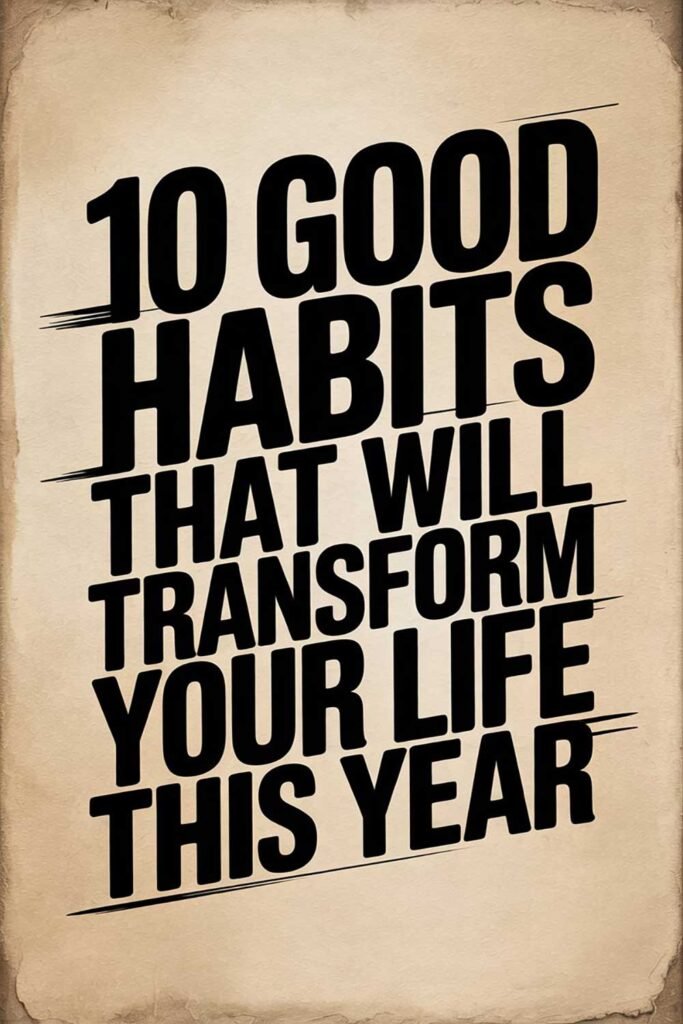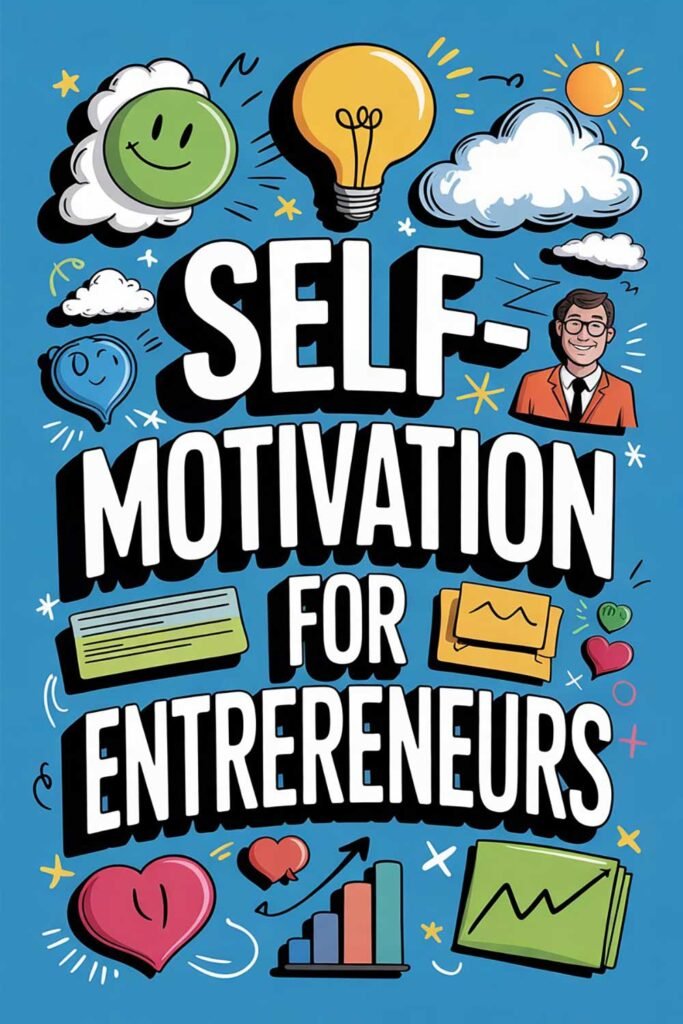Financial Literacy 101: What You Should Have Learned in School
Let’s face it—most of us left high school knowing how to solve for x but not how to balance a budget, save for retirement, or file taxes. Financial literacy isn’t just about being good with numbers—it’s about mastering life. Understanding how money works is one of the most essential skills you can develop to build a secure and empowered future.
In this article, we’ll cover the financial foundations everyone should have learned in school—from budgeting basics to investing, credit scores to compound interest—and how to apply them in real life. Get ready to fill in the gaps and take control of your money, your goals, and your peace of mind.
What Is Financial Literacy?
Financial literacy is the ability to understand and effectively use various financial skills, including personal financial management, budgeting, and investing. It’s the roadmap to making smart, informed decisions about your money.
Key Pillars of Financial Literacy:
- Budgeting and saving
- Understanding credit and debt
- Managing student loans
- Investing and retirement planning
- Taxes and insurance
1. Budgeting: The Foundation of Financial Success
Why it matters:
If you don’t tell your money where to go, it will disappear. Budgeting gives you control and clarity.
How to start:
- Use the 50/30/20 rule: 50% needs, 30% wants, 20% savings
- Track all income and expenses (apps like Mint or YNAB help)
- Set monthly financial goals
Real-Life Example:
Jared, a 24-year-old marketing assistant, was living paycheck to paycheck. When he created a simple budget using Google Sheets, he realized he was spending $400/month on takeout. Within 6 months, he cut that in half and saved $2,000.
2. Saving: Pay Yourself First
Emergency Fund:
Start with $1,000. Then build to 3–6 months of expenses.
Types of savings:
- High-yield savings accounts (for emergency and short-term)
- Certificates of deposit (CDs)
- Money market accounts
Real-Life Example:
Tina, a single mom, started putting $10/week into a jar. Over a year, she had $520 saved, which helped cover car repairs without touching her credit card.
3. Credit Scores and Credit Cards
What You Should Know:
- Pay bills on time
- Keep utilization below 30%
- Don’t close old accounts
Credit Score Ranges:
- 800–850: Excellent
- 740–799: Very good
- 670–739: Good
- 580–669: Fair
- Below 580: Poor
Real-Life Example:
Luis, a recent graduate, made minimum payments on his credit cards and maxed them out. After learning how credit scores work, he started paying more than the minimum and lowered his utilization. His score jumped 120 points in a year.
4. Debt Management: Know the Difference Between Good and Bad Debt
Good Debt:
Student loans (if they lead to a profitable career), mortgages, business loans.
Bad Debt:
Credit card debt, payday loans, high-interest personal loans.
Tips:
- Snowball method: Pay smallest debt first
- Avalanche method: Pay highest interest rate first
Real-Life Example:
Rachel, a nurse, had $15,000 in credit card debt. She used the avalanche method, focusing on the card with 22% APR. In 18 months, she was debt-free.
5. Investing: Let Your Money Work for You
Basics to Know:
- Start early—even with small amounts
- Compound interest is your best friend
- Index funds are a great beginner tool
Types of Accounts:
- 401(k), Roth IRA, Traditional IRA
- Brokerage accounts
- Robo-advisors (like Betterment or Wealthfront)
Real-Life Example:
James, age 22, started investing $100/month in an S&P 500 index fund. With 8% annual returns, he’ll have over $280,000 by age 60—even if he never increases his contribution.
6. Taxes: Understand What You Owe and Why
Key Concepts:
- Know your tax bracket
- Learn what’s deductible (student loan interest, business expenses, etc.)
- File early to avoid surprises
Tools:
- TurboTax, FreeTaxUSA, or an accountant if self-employed
7. Insurance: Protect What Matters
Types You Need:
- Health insurance
- Auto insurance
- Renters or homeowners insurance
- Life insurance (if you have dependents)
8. Retirement Planning: It’s Never Too Early
Start Now:
Even if you’re in your 20s, small contributions grow massively with time.
Options:
- Employer-sponsored 401(k) with match (free money!)
- Roth IRA for tax-free growth
- Set up automatic contributions
Real-Life Example:
Angela, a 26-year-old teacher, started putting 5% of her paycheck into a Roth IRA. After five years, she had over $20,000 invested—all while living on a modest income.
20 Quotes About Financial Literacy and Money Mastery
- “The goal isn’t more money. The goal is living life on your terms.” – Chris Brogan
- “Do not save what is left after spending, but spend what is left after saving.” – Warren Buffett
- “A budget is telling your money where to go instead of wondering where it went.” – John C. Maxwell
- “Formal education will make you a living; self-education will make you a fortune.” – Jim Rohn
- “It’s not your salary that makes you rich, it’s your spending habits.” – Charles A. Jaffe
- “Money, like emotions, is something you must control to keep your life on the right track.” – Natasha Munson
- “Financial freedom is available to those who learn about it and work for it.” – Robert Kiyosaki
- “Beware of little expenses. A small leak will sink a great ship.” – Benjamin Franklin
- “If you live for having it all, what you have is never enough.” – Vicki Robin
- “When you understand money, you gain power over it.” – Dave Ramsey
- “Time is more valuable than money. You can get more money, but not more time.” – Jim Rohn
- “The rich invest in time. The poor invest in money.” – Warren Buffett
- “A penny saved is a penny earned.” – Benjamin Franklin
- “It’s not how much money you make, but how much you keep.” – T. Harv Eker
- “Never depend on a single income. Make investment to create a second source.” – Warren Buffett
- “Budgeting isn’t about limiting yourself—it’s about making the things that excite you possible.” – Unknown
- “Success is not in what you have, but who you are.” – Bo Bennett
- “Too many people spend money they haven’t earned to buy things they don’t want to impress people they don’t like.” – Will Rogers
- “You must gain control over your money, or the lack of it will forever control you.” – Dave Ramsey
- “Money is a terrible master but an excellent servant.” – P.T. Barnum
Picture This
Imagine yourself a year from now. You’ve built an emergency fund, invested in your future, and paid off that high-interest credit card. You know where your money goes each month. You sleep better. You feel confident. You’re no longer surviving—you’re planning, saving, building. You’re living life by design, not by default.
What if you had learned all of this back in school? Well, now you have.
Share This Article
If this article helped you learn what school never taught you about money, share it with someone who needs it. You might just change a life.
Disclaimer
This article is based on personal experience and publicly available financial education resources. It is for informational purposes only and does not constitute financial advice. Always consult a licensed financial advisor for personalized guidance. Results may vary.

